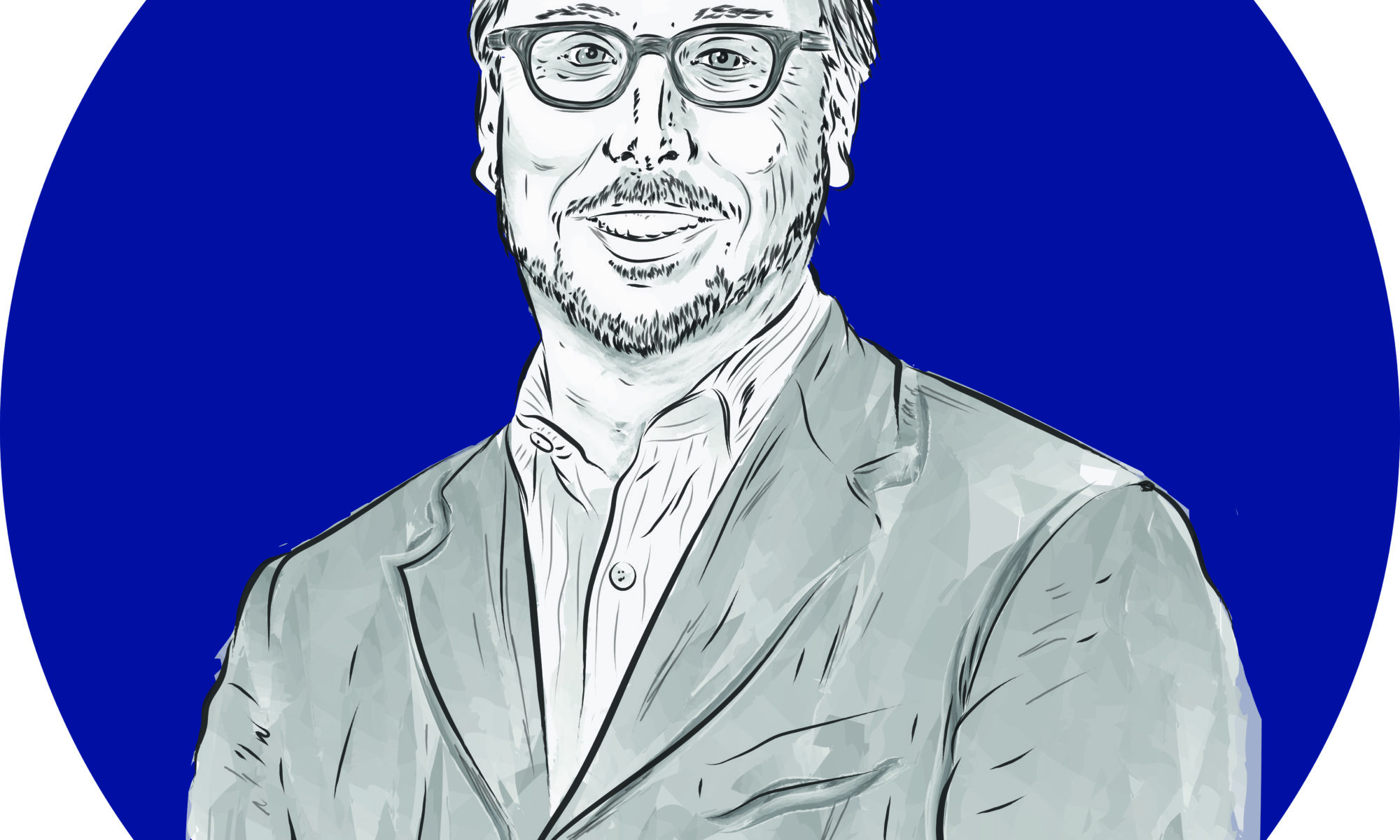The notion of government work has risen in recent years, with general counsel realizing how critical it is – do you see this trend continuing?
Yes, we do. Our country has weathered the Great Recession and now has fully emerged from those historically tough economic times. Even so, our national focus continues to be on preventing another recession, and from that perspective, we see the cost of overregulation in trying to avoid a repeat scenario. In some ways, the economic center of the country has moved from New York to Washington. So it’s natural for the C-Suite occupants of major companies and nonprofit groups, as well as mayors of our cities and county executives, to feel like they need to have a presence in Washington, given the risks of another economic maelstrom that could impact them if they aren’t there to give their input. Lobbying and the law – how do you work with both sides for the benefit of clients?
Consider the many pressing issues facing Washington today. They range from tax reform implementation and the regulation of the financial services industries, to the regulation of emerging technologies in the energy and transportation sectors. All of this plays into the sweet spots of those law firms that have regulatory capability along with sophisticated lobbying practices. In some ways, where we find ourselves as a country and an economy right now requires both skill sets to solve the major issues confronting companies and industry sectors. This paradigm shift has prompted Holland & Knight to establish a major practice in this area by combining our legal experience with a roster of top talent that includes senior professionals without law degrees. By doing so, we have created a policy group that operates much more like a business consultancy rather than a traditional law firm. For example, our office space looks more like Google than a law firm. We don’t track or bill time for our policy matters, and we work on fixed fees in order to put the right team at the table. Our clients have responded positively to these innovations.
What have been some of the key success stories for the practice in the past 12 months?
There have been several for Holland & Knight in the past few months. Here are just a few:
a) Holland & Knight delivered a bet-the-industry victory on behalf of the Biosimilars Forum, the first coalition of drug manufacturers that make medicines that are similar to biologic drugs, which are created from living cells or organisms. We ran a campaign that resulted in changes to government health care reimbursement policies that will create substantial savings and treatment options for consumers while boosting an important segment of the life sciences industry.
b) Seeing an absence of a national partnership between local leaders, businesses and the federal government to address homelessness, in 2017 Holland & Knight created a coalition: the Mayors and CEOs for U.S. Housing Investment. The coalition includes 18 mayors from large cities such as Atlanta, Los Angeles, San Francisco and Washington, D.C., and major businesses such as Kaiser Permanente, which recently supported the coalition’s mission with a $200 million commitment to create housing through a partnership between the public and private sectors.
c) Holland & Knight represents the leading autonomous vehicle company in the U.S. as its sole federal lobbyist and is helping its client shape federal policy on this emerging technology as it comes before Congress, the Department of Transportation and the White House.
As much as you can or are prepared to say, what are the biggest issues clients need to understand with the current administration?
Every administration brings to Washington its own style and cadence, and the Trump Administration is no different. Advocating before it has similarities to the Obama Administration, but obviously there are significant differences as well. Our job in essence is to be able to read a person, an agency or a situation in seven seconds and determine the advocacy tools that will convince a government decision maker to accept our client’s position. That is our job; it doesn’t change. However, you need strong contacts within the White House
and the Cabinet in this Administration. You need to communicate an issue from the perspective of the President’s voter base. Additionally, you need to create an environment around an issue you are advocating for that will be persuasive to the White House so it will adopt that position.
Do you expect that to change in November with the mid-terms, and what’s on the horizon for 2019?
Should Democrats take one or both of the houses, obviously Washington will be a different environment in 2019. To the extent that Republicans maintain control in both houses, we wouldn’t expect things to change. In either case, presidents come into their own in the third year of their administration. They may have success in the first Congress, but they are really getting a feel for the job by the time they get to year three. While the president may be faced with more significant challenges if there is a Democratic majority in one or both houses of Congress, expect him to have a better grasp of the art of what is doable in Washington and how to move his agenda forward. In fact,
we’re already seeing that to a certain extent. Clearly, a Congress controlled by the Democrats will have a strong focus on investigations, administrative policy and ethics issues. However, at the same time, issues like infrastructure legislation and a continued focus on tax reform provide the opportunity for bipartisan compromise.
Investigations work has been growing across all areas – where do you see the trend heading with government investigations work?
If Democrats are successful in taking control of the U.S. House, Senate or both in November, we would expect in 2019 a significant spike in investigations work, focused not only on the administration but also on major business sectors. While the era of U.S. Reps. John Dingell and Henry Waxman, two of the greatest congressional investigators in our lifetimes, may have passed, the Democrats, who would take the helm of the Energy and Commerce Committee and the Oversight and Government Reform Committee, would be quite capable of providing strong leadership. Holland & Knight lawyers, such as John Brownlee, former Democratic House members, such as Gerry Sikorski, Jim Davis and Ron Klein, and our High Stakes Communications Team, which handles crisis management situations, will be uniquely positioned to help clients.

